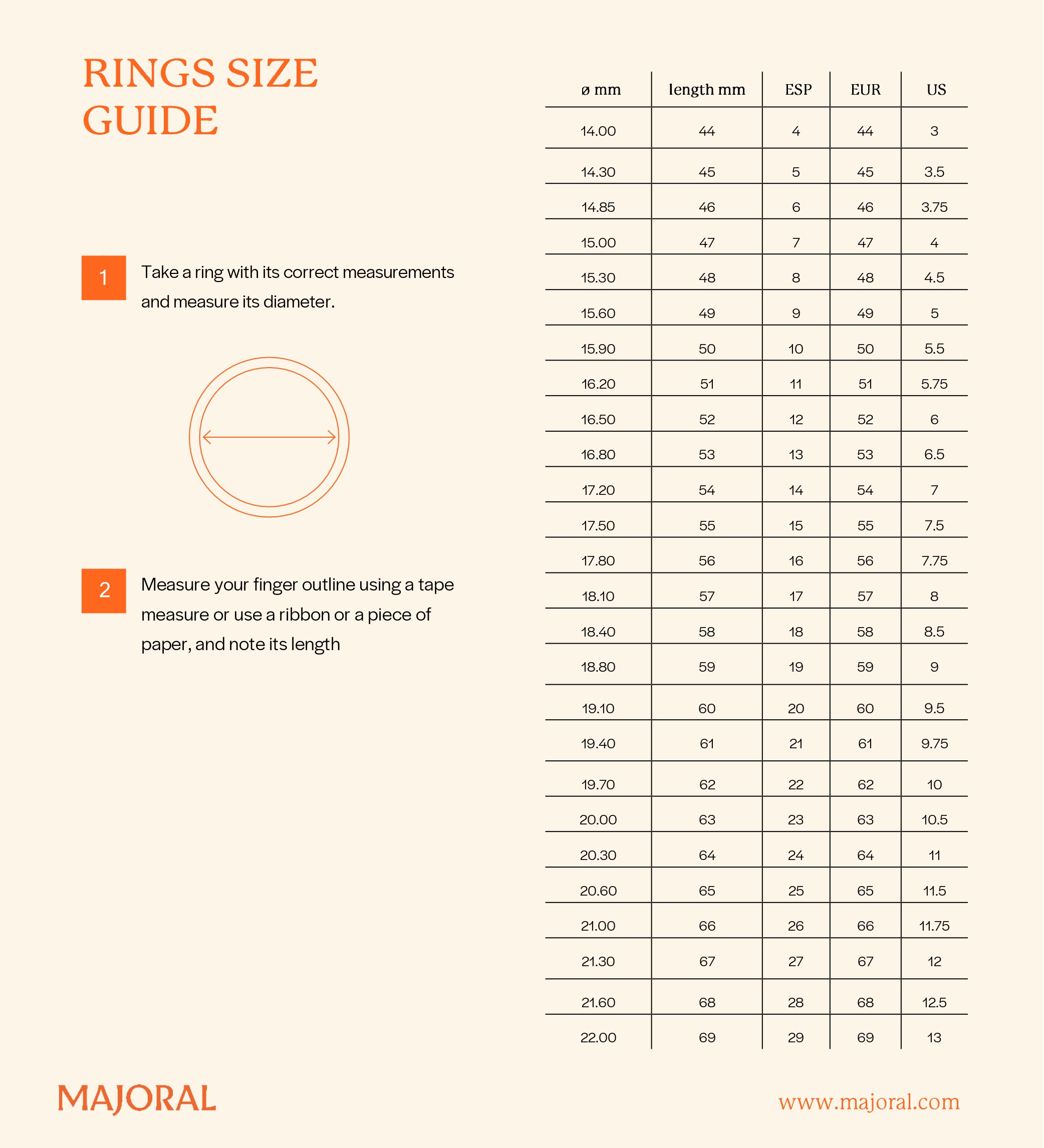Necessary cookies help make a website usable by enabling basic functions like page navigation and access to secure areas of the website. The website cannot function properly without these cookies.
| Cookie name |
Provider |
Purpose |
Expiry |
|
cookiesplus
|
https://www.majoral.com
|
Stores your cookie preferences.
|
1 year
|
|
PrestaShop-#
|
https://www.majoral.com
|
This cookie helps keep user sessions open while they are visiting a website, and help them make orders and many more operations such as: cookie add date, selected language, used currency, last product category visited, last seen products, client identification, name, first name, encrypted password, email linked to the account, shopping cart identification.
|
480 hours
|



